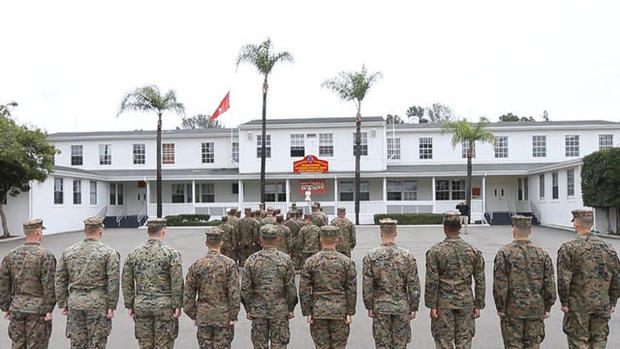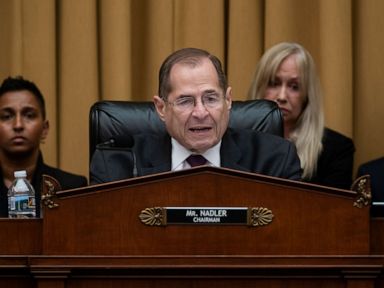
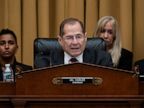

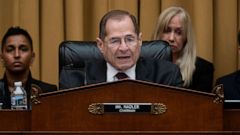
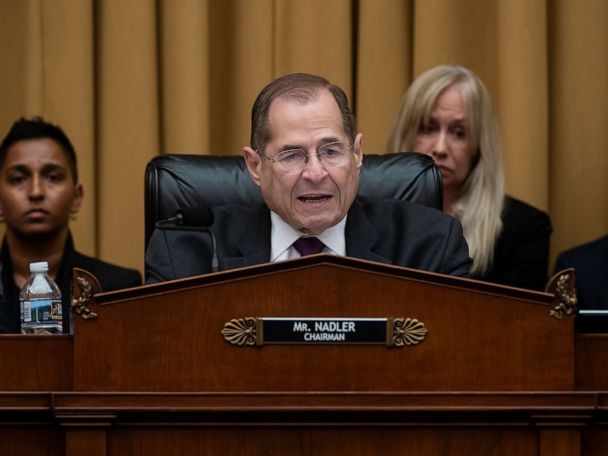
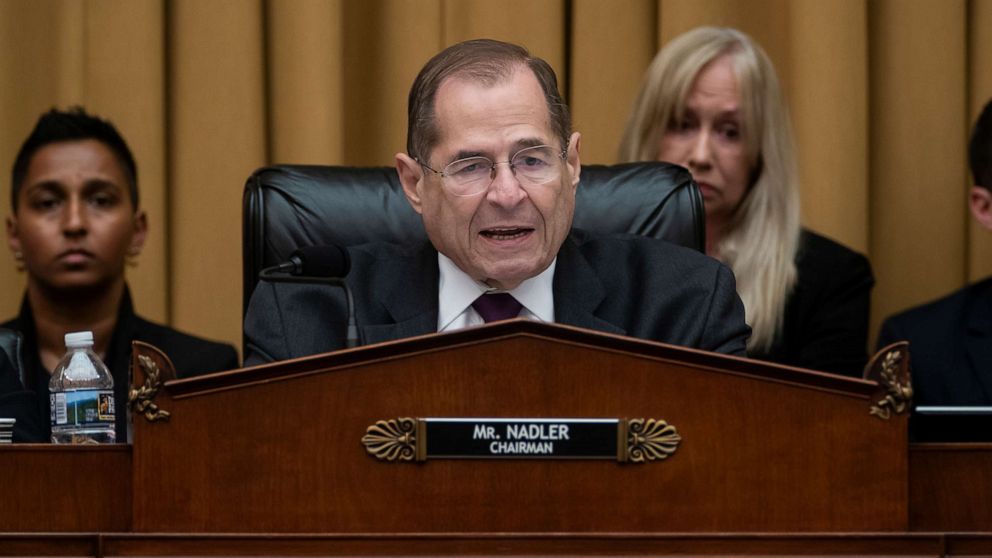

House Judiciary Chairman Jerrold Nadler announced Friday he would be asking a judge for grand jury material underlying former special counsel Robert Mueller’s report.
“There appears to be compelling evidence of the president’s misconduct outside of the four corners of the redacted version of the Mueller report and we will work to uncover that evidence as well,” Nadler said in a press conference Friday, referring to President Trump. “Today we are filing an application for the grand jury material underlying the Mueller report.
“That information is critically important for our ability to examine witnesses, including former White House Counsel Don McGahn, and to investigate the president’s misconduct,” he added.
The committee in April issued a subpoena for the full, unredacted Mueller report and for its “underlying evidence,” despite a federal procedural rule that requires information from a grand jury to remain secret.
The battle for Congress to gain access to this material has been ongoing since Attorney General William Barr released the redacted Mueller report to the public April 18.
The very next day, Nadler subpoenaed the unredacted document along with underlying grand jury evidence and testimony, requesting the subpoena be met by May 1. Grand jury, or so-called 6(e) material, refers to Rule 6(e) of the Federal Rules of Criminal Procedure, which requires information from such proceedings remain secret.
In May, the Trump administration invoked executive privilege for the first time over Mueller’s findings, a move that marked an escalation in tensions with Democrats.
It triggered a battle in the courts, as Democrats work to review the full extent of Mueller’s conclusions.
The Department of Justice and House Judiciary Committee reached an agreement last month that allowed committee members access to some of the documents that underpinned Mueller’s investigation into obstruction of justice. Members and some committee staffs were allowed to see a less-redacted version of the full Mueller report, with the exception of grand jury material.
However, Democrats have still rejected this, saying they believe that every member of Congress should have access to the report and underlying material.

